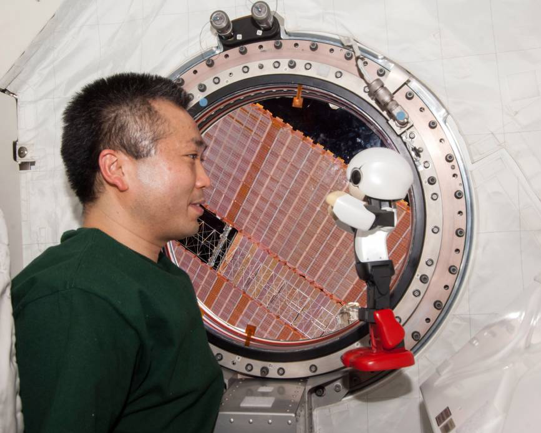We humans have never been so connected to each other as we are right now. The internet has linked us to the world, and mobile phones and social media have connected us in ways we would never have thought possible even 10 years ago.
Yet, according to recent research reported in The Conversation, one in four Australians are lonely, which affects their physical and mental health. It has been found that loneliness contributes to mental health problems such as anxiety and depression, and its physical impact has been compared to the effects of smoking fifteen cigarettes a day.
In short, according to the research, loneliness is causing us to die up to 26% earlier than non-lonely people.

Why are we lonely? The answer may lie in the very technology that purports to connect us. We’re increasingly sharing our lives daily, hourly and often minute by minute in cyberspace. It’s not surprising we’d be less likely catch up in real life. It’s all been said online, we’d have nothing to talk about.
With dating apps like Grindr and Tinder there’s no need to leave the house to meet a potential partner. Add in a busy work life with long commutes, and the result is disconnection from meaningful, face-to-face meetings, let alone actual physical contact.

Research shows we actually need to physically interact. We’re simply wired for touch and humans have evolved to crave companionship. The knowledge of this is nothing new, as discovered by Harry Harlow and his studies on the importance of maternal contact in the 1950s and 60s.
Harlow’s research found that infant monkeys, when separated from their mothers, became highly distressed, preferring to cling to inanimate surrogate mothers for comfort when isolated from their own. Some even died.
In an age where touch is often seen as threatening, how can we save ourselves from an early death-by-loneliness? The answer may lie in artificial intelligence (AI).
In a recent BBC documentary series, Hyper Evolution: Rise of the Robots, the development of social robots was examined. These robots are being designed as companions for socially isolated people. Kirobo accompanied the first Japanese Commander of the ISS into space to keep him company

We can only marvel at human ingenuity. Our intelligence has created disconnection, and our intelligence is creating a solution through AI and robots. Sure, it’s not real human connection, but it is companionship without the risk of actual humans.
There is indeed hope for the lonely in the future.
